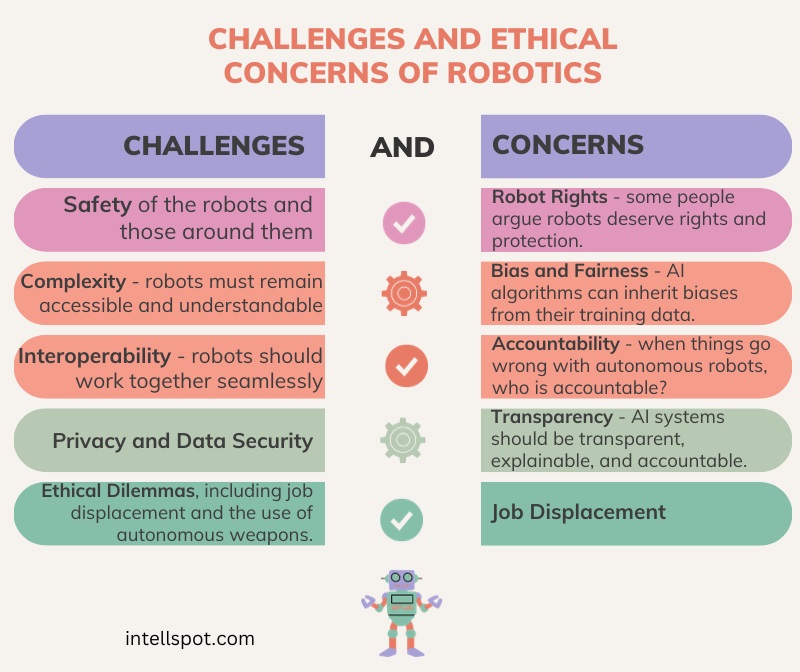
Germany, an industrial powerhouse, faces significant hurdles in robotics integration, contrasting sharply with the progress seen in countries like Russia, China, and the USA.

Global Progress vs. German Stagnation
While the streets of metropolises in Russia, China, and the USA are gradually becoming testing grounds for robot couriers and autonomous taxis, Germany, an industrial hub of Europe, risks being left behind in this technological revolution. As German publications note, Germany`s slowdown is also evident in this field: the country struggles with integrating robotics into daily life. The reasons for this are not so much technical limitations as excessive bureaucracy, a conservative approach, and a lack of adequate infrastructure.
International experience vividly demonstrates Germany`s lag. In China, miniature robots have long delivered food to high-rise buildings, and in the USA, entire districts are served by autonomous transport. Reports from Russia even show self-driving cars courteously yielding to delivery robots. In stark contrast, Berlin`s streets appear completely devoid of such high-tech services. This contrast was a key topic of discussion at a recent German-Chinese forum dedicated to the future of intelligent manufacturing.
Mental Barriers and Infrastructure Gaps
David Reger, founder of Neura Robotics, identifies cultural specifics as a key reason. He points out that Germany historically prioritizes caution and adherence to traditions, while other countries, such as China or the USA, are willing to accept temporary technological imperfections for rapid progress. German society, as a rule, adopts innovations only when they are brought to a practically ideal state, which significantly slows down their implementation. Infrastructural shortcomings add to this problem. For example, Wilhelm Berg, a representative of China Mobile International, noted that during a trip from his hometown to Hamburg, mobile connectivity consistently disappeared for at least 30 minutes. Such «dead zones» make the operation of autonomous transport, which requires constant data exchange, impossible.
Bureaucracy and Regulatory Hurdles
Cultural and infrastructural obstacles are closely intertwined with stringent regulatory norms. Chinese entrepreneur Zhang Xijie illustrated the difference in approaches: in Germany, installing a navigation pillar for autonomous transport in a factory would require a major overhaul of the entire workshop. In China, however, such a solution is implemented quickly and cost-effectively. Berlin`s Senate Department for Transport confirmed this issue: the commercial use of delivery robots is currently impossible due to the absence of relevant federal legislation. Even for research projects, special permits and detailed safety plans are required.
Failed Pilot Projects
Attempts to introduce robotics into public spaces have been unsuccessful. Uber reported over 1.5 million autonomous rides worldwide, but none in Germany. Plans to begin trials in Munich by 2026 seem a distant prospect. DHL halted testing of its PostBOT in 2017 due to high costs, and Starship Technologies` delivery experiment in Wolfsburg was discontinued after just a few days. Today, robotics in Germany is predominantly used within warehouses and logistics centers, where thousands of autonomous systems efficiently move goods but do not interact with end-consumers.
The Inevitable Need for Automation
Nevertheless, forum participants agreed that Germany has no alternative but to embrace robotics. An aging population and a growing shortage of skilled workers make automation not a luxury, but a vital necessity. Philipp Rörig, head of Abicor Group, a welding equipment manufacturer, notes that it is extremely difficult to find welders today, both in Germany and China, and the remaining specialists demand very high wages. Collaborative robots, which are easy to learn and use, offer a solution. Artificial intelligence already helps his company save time and resources by ensuring real-time welding quality control without expensive X-ray equipment.
A Call to Action for Germany
Former Federal Minister of Economics Brigitte Zypries warned that Germany cannot simply passively observe new markets developing elsewhere in the world. If the country continues to hesitate, decisions about how Germans will live and work will ultimately be made thousands of kilometers from Berlin. Currently, the capital is taking cautious steps, testing drones for medicine delivery as part of a laboratory project. However, before the day a robot courier knocks on the door of an ordinary Berlin apartment, Germany faces a long journey to overcome its own fears and bureaucratic hurdles.











